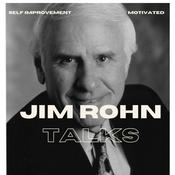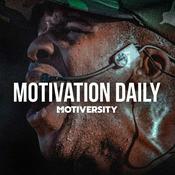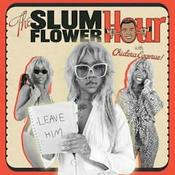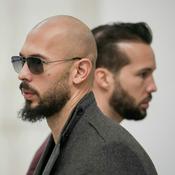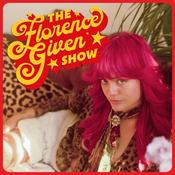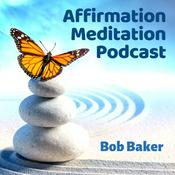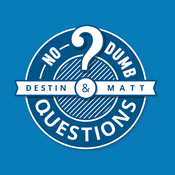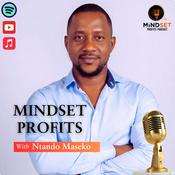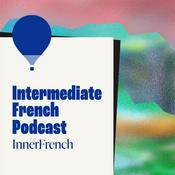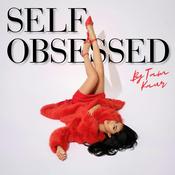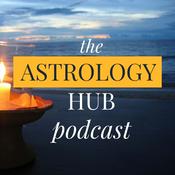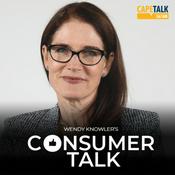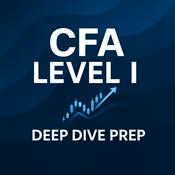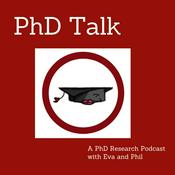494 episodes
- How much do you know about your body? How much does your body know about you? The most acclaimed choreographer of our age, Sir Wayne McGregor’s trailblazing innovations have radically defined dance in the modern era. And over the past three decades, he has discovered that our intelligence lies not only in our brains, but in our bodies too. Physical intelligence is instinctive, pre-verbal, and continually upgrades itself. Mastering it will allow us all to release the knots in our physical and emotional selves, leaving us free to experience new forms of creativity and connection.
In this episode of the podcast, Wayne will draw on his research and practice with elite performers, athletes, cognitive neuroscientists, and anthropologists to show how we can all become more physically fluent.
Learn more about your ad choices. Visit podcastchoices.com/adchoices - When we spoke to Petra Costa last, her film Apocalypse in The Tropics had just been released on Netflix. The film, which leaves us in the aftermath of January 8th 2023 and the storming of the Brazilian Congress by hundreds of protestors demonstrating against the re-election of Lula De Silva and defeat of Jair Bolsanaro, explores the relationship between evangelical Christianity and the Far Right.
Much has happened in the intervening months. Bolsonaro is now behind bars; convicted for inciting the attempted coup, and the film's protagonist, televangelist Pastor Silas Malafaia has also been implicated, cited in a Federal report investigating the events. The film itself played a direct role in the legal proceedings leading to Bolsonaro's arrest. Now, Petra joins us again, in conversation with Hannah MacInnes, to reflect on these events, on the current state of Brazilian Democracy, and on the unique power of film to change the conversation and move the dial where politics often fails.
Learn more about your ad choices. Visit podcastchoices.com/adchoices - It’s not just what you feed your brain that matters—it’s who. From your morning coffee order, to weaving through commuters on the train, sitting through work meetings, riding in a packed lift, heading to the pub with colleagues, or relaxing on the sofa with family, every day is filled with social interactions that nurture and support your brain's health. Whether mundane or extraordinary, they make up your brain’s 'social diet', which influences your wellbeing, shapes your experience, and can even lengthen your life. Yet in an age of increasing social isolation, many of us are at risk of losing these vital connections.
In this episode of the podcast, Ben Rein will offer a reappraisal of companionship, exploring how social bonds influence our physical and emotional health. He will also share practical, evidence-based strategies for building a more connected, fulfilling life, and for making our daily interactions feel energising rather than exhausting.
Learn more about your ad choices. Visit podcastchoices.com/adchoices - A riotious comic novel of ideas, Seven tells the story of an unnamed philosopher plunged into the strange world of Theodoros Apostalakis: dentist, poet, pursuer of lost things, and obsessive player of 'Seven', a revered board game whose champions struggle to hold onto what is most valuable in human life in the face of Artificial Intelligence. Blending academic satire, travel writing, farce, and philosophy into a singular, intoxicating brew, Seven is a literary novel that stretches the boundaries of the form and cannot be adequately explained in a bilateral podcast interview with the author: nevertheless, we attempt to do so in this episode.
Learn more about your ad choices. Visit podcastchoices.com/adchoices - Whether you’re a fraudster, a cartel boss, a corrupt politician, a kleptocrat or a terrorist mastermind, your options to move and hide your money are more secure and more impenetrable than they have ever been. There has never been a better time to be a criminal. Meanwhile, innocent people are wrongly being frozen out of banking services across the world. Something needs to change. All efforts at legislation, diplomacy, prosecution and compliance have been a complete flop. Investigative journalist Oliver Bullough takes us on a perspective-altering adventure through the flipside of the global economy.
Learn more about your ad choices. Visit podcastchoices.com/adchoices
More Education podcasts
Trending Education podcasts
About How To Academy Podcast
How To Academy is London's home of big thinking. From Nobel laureates to Pulitzer Prize winners, we invite the world’s most influential voices to share new ideas for changing ourselves, our communities, and the world. Our biweekly podcast is your chance to hear in-depth from the most exciting thinkers in global culture.
Podcast websiteListen to How To Academy Podcast, anything goes with emma chamberlain and many other podcasts from around the world with the radio.net app
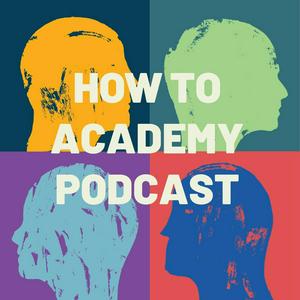
Get the free radio.net app
- Stations and podcasts to bookmark
- Stream via Wi-Fi or Bluetooth
- Supports Carplay & Android Auto
- Many other app features
Get the free radio.net app
- Stations and podcasts to bookmark
- Stream via Wi-Fi or Bluetooth
- Supports Carplay & Android Auto
- Many other app features


How To Academy Podcast
Scan code,
download the app,
start listening.
download the app,
start listening.









